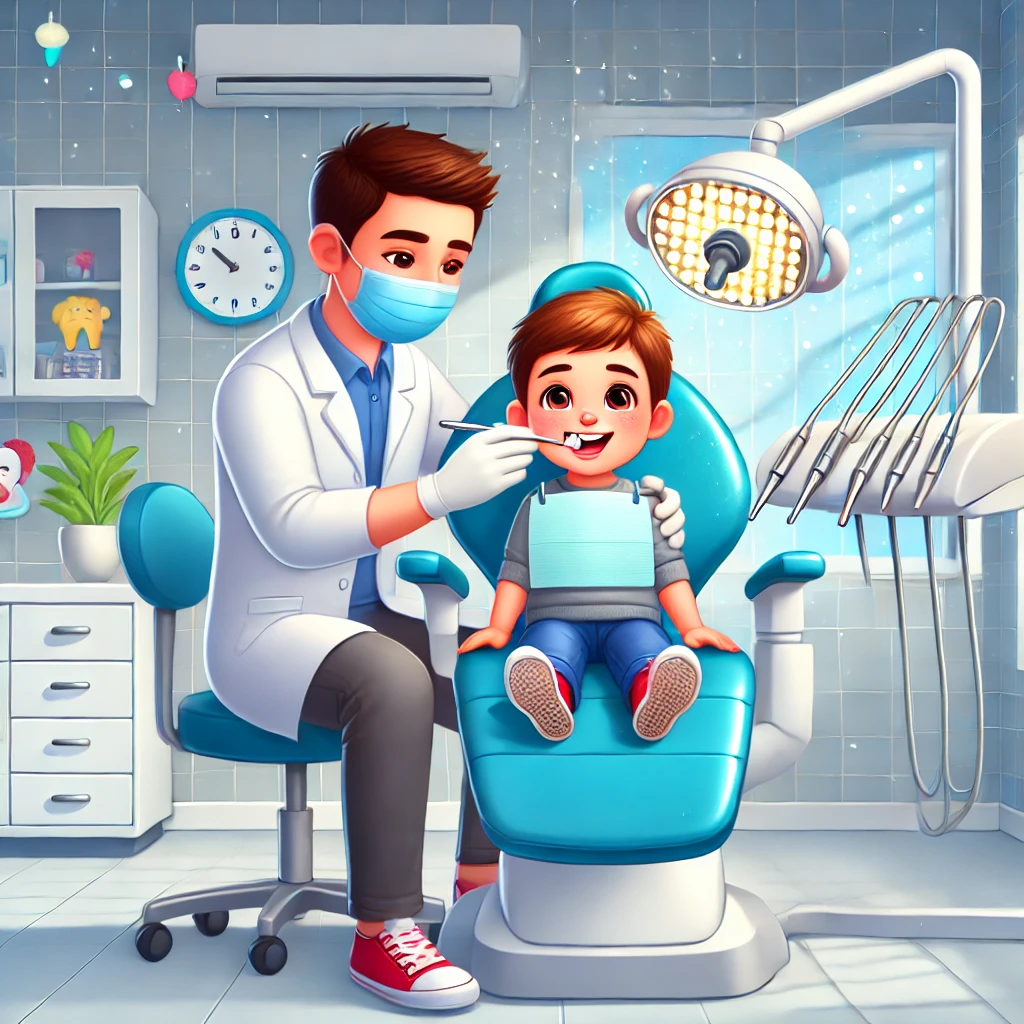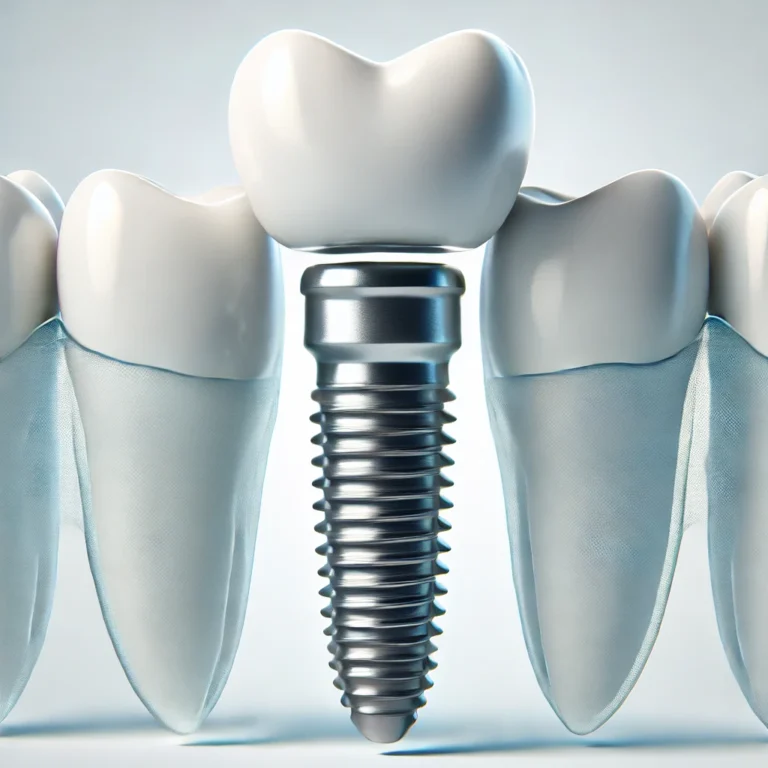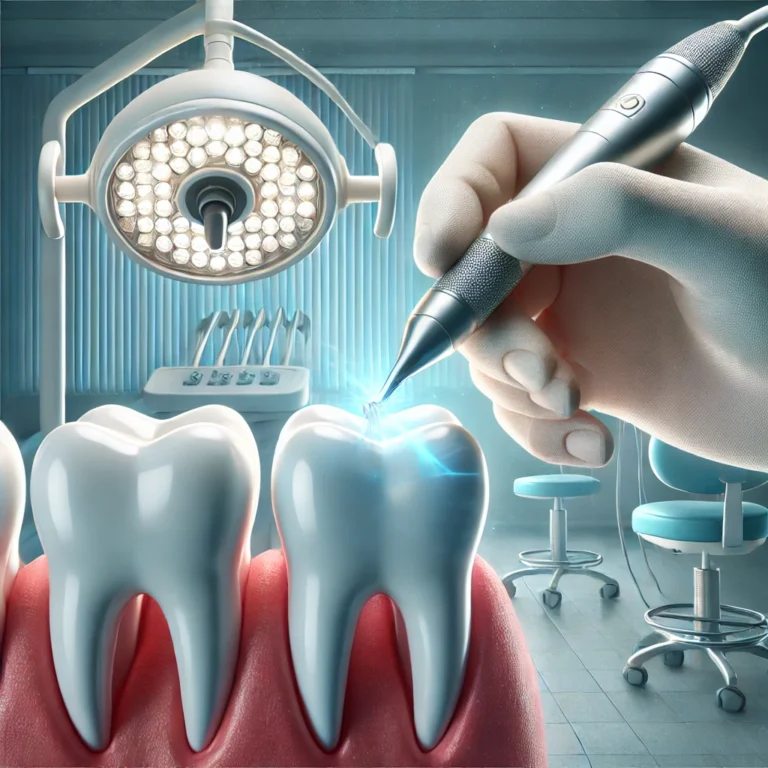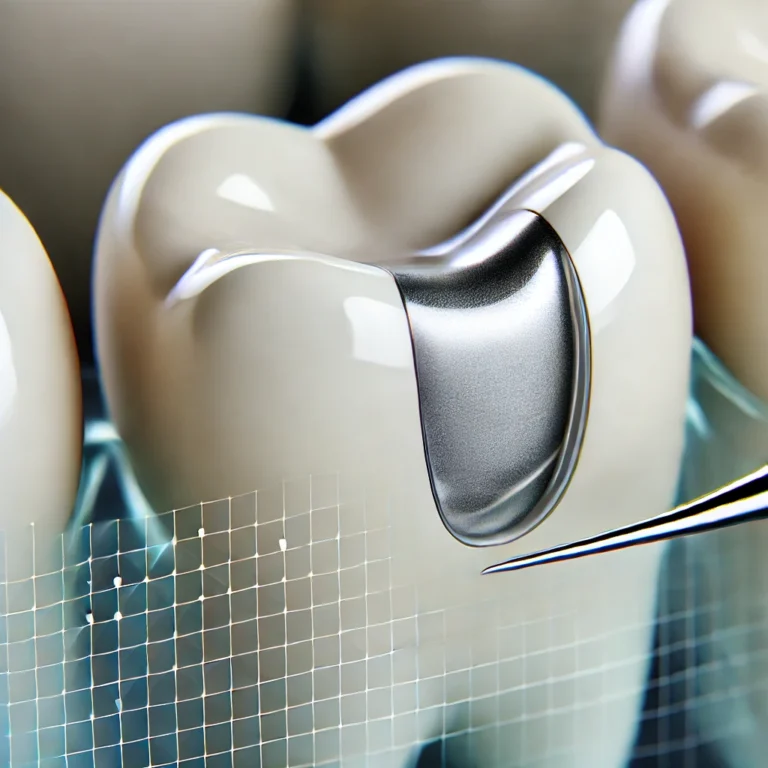
As a parent, you want to give your child the best possible start in life, and that includes taking care of their oral health. But when is the right time to schedule your child’s first dental visit? According to the American Dental Association (ADA) and the American Academy of Pediatric Dentistry (AAPD), the answer is clear: your child should see a dentist within six months after their first tooth erupts, and no later than their first birthday.
This recommendation might seem early, but these visits are vital for ensuring a lifetime of healthy smiles. Here’s why early dental visits matter, what to expect, and how to prepare for this important milestone.
Why Early Dental Visits Are So Important
Preventing Dental Problems from the Start
Baby teeth may not be permanent, but they play a crucial role in your child’s oral and overall development. They help with chewing, speech development, and reserving space for adult teeth. Early dental visits allow the dentist to check for potential issues, such as early childhood caries (also known as baby bottle tooth decay), which can develop as soon as teeth appear.
Catching these problems early can prevent more significant issues down the road, saving your child from unnecessary discomfort and you from costly treatments.
Educating Parents on Oral Hygiene
Your child’s first dental appointment is an excellent opportunity for you to learn how to care for their teeth and gums. The dentist will guide you on:
- Proper brushing and flossing techniques.
- How to manage teething pain.
- The importance of fluoride and how to use it safely.
- Habits like thumb-sucking or pacifier use that could impact your child’s oral health.
This knowledge empowers you to build healthy dental habits at home from the very beginning.
Establishing a Dental Home
One of the primary goals of early dental visits is to establish a “dental home” for your child—a place where they feel comfortable and receive consistent care. Building trust with a dentist at an early age helps reduce fear and anxiety about dental visits, creating a positive association that will last into adulthood.
What to Expect During the First Dental Visit
The first dental visit is designed to be simple, stress-free, and educational. Here’s what typically happens:
A Gentle Examination
The dentist will perform a quick and gentle examination to check your child’s teeth, gums, jaw, and overall oral development. They’ll look for any signs of decay, gum issues, or potential problems with alignment.
Discussion of Oral Hygiene
The dentist will demonstrate how to clean your child’s teeth and gums, offer tips for managing teething, and discuss fluoride use. They may also provide advice on diet and nutrition to support your child’s oral health.
A Welcoming Environment
Many pediatric dental offices are designed with children in mind, featuring bright, fun décor, toys, and a friendly staff. This helps create a positive experience for your child, reducing any fear or anxiety they may feel.
Preparing for Your Child’s First Dental Visit
Preparation can make the first visit smoother and more enjoyable for both you and your child.
Choose the Right Dentist
Consider taking your child to a pediatric dentist, who specializes in treating children and understands how to make them feel comfortable. These professionals have additional training in child development and behavior management.
Talk About the Visit
Before the appointment, explain to your child what will happen in simple and positive terms. For example, you can say, “The dentist is going to count your teeth and make sure they’re happy and healthy.”
Plan the Timing
Schedule the appointment at a time when your child is well-rested and not hungry. A happy, rested child is more likely to cooperate.
Bring Comfort Items
If your child has a favorite toy or blanket, bring it along to help them feel secure.
Common Questions Parents Have
Are Baby Teeth Really That Important?
Yes! Baby teeth are essential for chewing, speaking, and guiding the development of permanent teeth. Losing baby teeth prematurely due to decay can affect the alignment of adult teeth and lead to future orthodontic issues.
What Happens If My Child Cries?
It’s completely normal for young children to feel nervous or cry during their first visit. Pediatric dentists are trained to handle these situations with patience and care, ensuring your child feels safe and supported.
How Often Should My Child See the Dentist?
After the first visit, regular checkups every six months are recommended. These visits allow the dentist to monitor your child’s oral health, provide preventive care, and address any emerging issues.
Tips for Maintaining Your Child’s Oral Health
To keep your child’s teeth healthy between visits:
- Start Early: Clean your baby’s gums with a soft, damp cloth before their teeth come in. Once teeth erupt, use a small, soft-bristled toothbrush.
- Use Fluoride Toothpaste: For children under three, use a smear of fluoride toothpaste about the size of a grain of rice. For children three and older, a pea-sized amount is sufficient.
- Limit Sugary Drinks and Snacks: Minimize exposure to sugar, especially in sippy cups or bottles, to reduce the risk of cavities.
- Encourage Good Habits: Teach your child to brush twice a day and floss as soon as they have two teeth that touch.
Conclusion
Your child’s first dental visit is a small but significant step in their oral health journey. By scheduling this visit by their first birthday, you’re setting the stage for a lifetime of healthy habits and positive dental experiences.
Remember, early visits not only prevent dental problems but also educate you as a parent on how to care for your child’s teeth and gums. If you haven’t scheduled your child’s first dental appointment yet, now is the perfect time to take that important step.



